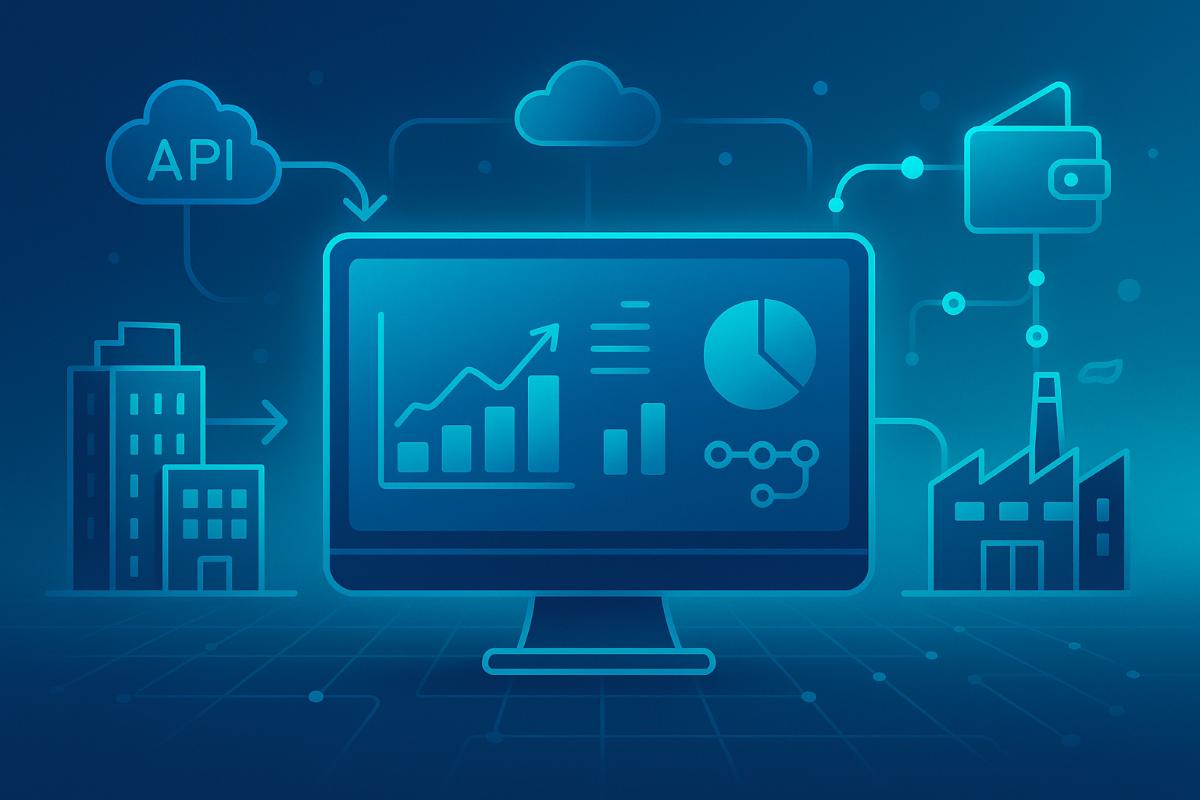In the corporate world, B2B payment systems—based on supplier-company, platform-platform, or service-service relationships—have evolved beyond the simple act of “paying invoices” and become a strategic element of competitive advantage.
The adoption of digital payment solutions both reduces costs and enables financial transactions to become more transparent, traceable, and efficient. At this point, Firisbe is redefining the world of B2B payments with its robust online infrastructure and innovative solutions.
1. B2B Payment Systems: Restructuring Corporate Processes
B2B payment systems represent a shift from traditional, manual methods like EFT, wire transfer, or checks to API-based, automated systems. Firisbe’s payment facilitator infrastructure supports this transformation specifically for B2B needs. Firisbe allows companies to manage their collections and payment processes with institutions from a single platform, thereby digitizing operations. Through this, it provides:
- Ease of reconciliation, making it easy to identify the source of payment.
- Closed-loop wallets for ease of use in internal corporate transfers.
- Pay-by-link infrastructure, offering digital payment solutions to supplier platforms.
This model is especially ideal for multi-vendor platforms, supply chain solutions, and retail chains.
2. E-commerce Integration: Plug and Play B2B Infrastructure
Firisbe’s payment gateway and payment orchestration solutions provide B2B companies with seamless e-commerce integration. With the Firisbe payment platform:
- Multiple banks, credit cards, and digital wallets can be integrated into the system with a single click.
- Platforms beyond e-commerce can easily use their preferred payment methods (e.g., open banking, QR codes, Pay by Link).
- API-based integration enables seamless operation with ERP/CRM systems used at the point of sale.
This model strengthens the user experience while also increasing operational efficiency.
3. Payment Automation: No Errors, No Manual Processing
In corporate processes, manual steps such as payment entry, reconciliation, and verification are time-consuming and prone to error. Firisbe provides the following conveniences:
- Smart transaction routing, directing each transaction to the most appropriate POS provider.
- Error code-based routing, ensuring that if a payment is declined, an alternative reliable channel is used.
- Pay by link allows payments to be collected via email, SMS, or WhatsApp.
This level of automation minimizes manual operations and significantly reduces operational workload.
4. Financial Reporting: Data-Driven Decisions
Corporate financial management involves not only receiving payments but also tracking, analyzing, and forming strategies. Firisbe’s dashboards and reporting systems offer the following advantages:
- Real-time transaction tracking allows for visibility into payment flows within seconds.
- Reconciliation tools easily show which payments correspond to which invoices.
- Analytical reports such as monthly/yearly performance and refund/upgrade rates support decision-making.
- Closed-loop wallets enable rapid balance management and transfer tracking in internal transactions.
This enables finance departments to work faster, more securely, and based on real data.
5. Security and Compliance: Ensuring Corporate Alignment
Security is non-negotiable in corporate relationships. Firisbe offers:
- PCI DSS compliant infrastructure supported by SSL encryption.
- Role-based access, transaction limits, and full logging for controlled business processes.
- GDPR/KVKK compliance in both internal and external APIs.
This structure protects both customer data and the financial integrity of the institution.
6. Scalability: From Micro to Enterprise
Firisbe’s modular infrastructure appeals to corporate players of all sizes:
- Solutions suitable for everyone from micro-entrepreneurs to international holdings.
- Fast onboarding allows new sub-accounts or external vendors to be quickly defined.
- Easy API integration makes adaptation to existing systems effortless.
- Cloud-compatible and flexible infrastructure ensures performance is not compromised, even as the number of users increases.
7. B2B Use Case Scenarios
- P2P B2B platforms: Sales collections are automatically directed to sub-members, reducing reconciliation items.
- Supply chain and logistics: Currency-based transfers, automatic payments, and detailed reporting are provided through internal wallet structures.
- Corporate subscription models: Recurring payments, automatic refunds, and rebilling processes operate smoothly.
- Franchises & retail chains: Branch-based collections, centralized reporting, and commission management are conducted on a single screen.
8. Future-Readiness: Open Banking & Tap2Mobile
Firisbe not only supports B2B but also provides advanced financial services:
- Open Banking integration, enabling direct payments from bank accounts via APIs.
- Tap2Mobile (mobile POS) for accepting payments in the field.
- Integration of innovative digital wallet structures into B2B processes through fintech collaborations.
This ecosystem prepares companies for the future of corporate payment models.
Digitally Empowered Companies Make a Difference in B2B
B2B payment systems are no longer just a way to collect invoices—they are a growth engine that provides cost savings, fast reconciliation, transparent reporting, and improved customer satisfaction. Firisbe sits at the heart of this transformation with its modular structure, secure platform, payment automation, e-commerce integration, and corporate reporting tools.
Companies that extend e-commerce integration into B2B, manage their collections from a single screen, implement payment automation, and enhance financial control with real-time reporting stand out in the digital payment landscape.
Firisbe not only meets the current needs of institutions—it also enables them to take a strategic step into the digital payments world.
Are you ready to begin your digital transformation in B2B payments with Firisbe?
Digitally Enhanced B2B Payment Infrastructure
Today, B2B business models are measured not just by the volume of trade, but also by how efficiently their payment systems operate.
Digital transformation is reshaping not only how companies deliver products and services, but also how they manage their finances.
B2B payment systems, positioned at the core of this change, are replacing traditional structures with faster, more traceable, and lower-cost digital solutions.
Manual reconciliation processes, error-prone transfer methods, and time-consuming operations are being replaced by automatic payment systems and API-supported integrations. This new model not only reduces operational burdens but also contributes to financial efficiency, cash flow management, and more powerful outcomes in strategic planning.
Especially for growing businesses and organizations with multiple branches, establishing a centralized payment system is no longer a luxury but a necessity.
The digitalization of B2B payment systems also transforms the nature of financial relationships with customers and business partners. Every payment leaves a trace, every transaction becomes reportable, and every movement gains transparency. This strengthens intercompany trust, increases accountability, and contributes to the long-term sustainability of business relationships.
B2B payment solutions combined with next-generation digital systems such as e-commerce integration are of critical importance for companies moving their operations to digital platforms. Structures with multiple buyers, branches, or business partners can manage collections through centralized payment systems while keeping processes under control. This ensures that as the company grows, the financial infrastructure can scale seamlessly in parallel with business volume.
Thanks to payment automation, human resources can be directed toward more strategic areas, error risks are minimized, and payment failure rates are reduced.
Meanwhile, financial reporting tools allow businesses to analyze all payment processes from a single screen, strengthening their ability to make future-oriented financial plans.


Leave A Comment